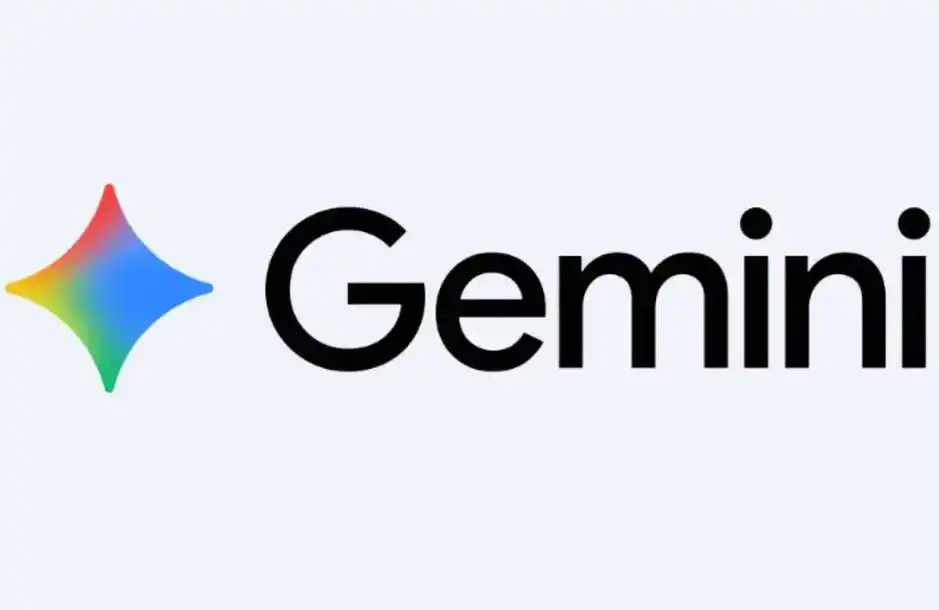Pudgy Penguins’ Hybrid Strategy: Bridging NFTs and Physical Retail in Japan’s $15.4B Collectibles Market
- Pudgy Penguins expands into Japan's $15.4B collectibles market via QR-coded products and retail partnerships with convenience stores and Don Quijote. - The hybrid "phygital" model links physical cards/toys to NFTs, enabling digital access and revenue-sharing through OverpassIP while leveraging Japan's collectible culture. - Strategic collaborations with Suplay Inc. and Mythical Games, plus $13M+ in retail sales, demonstrate the brand's ability to merge Web3 innovation with traditional commerce for mass a
In the evolving landscape of digital collectibles, Pudgy Penguins has emerged as a trailblazer by merging blockchain innovation with traditional retail. The brand’s recent expansion into Japan—a market steeped in collectible culture and convenience store dominance—offers a compelling case study for investors seeking opportunities at the intersection of Web3 and physical commerce. By leveraging QR-coded products, strategic retail partnerships, and a deep understanding of local consumer behavior, Pudgy Penguins is not just capturing market share but redefining how digital assets can coexist with tangible goods to drive mass adoption.
The Japanese Market: A Perfect Nexus for Hybrid Collectibles
Japan’s collectible culture is a $15.4 billion industry, with trading cards, plushies, and blind boxes forming the backbone of consumer engagement [1]. Simultaneously, convenience stores like 7-Eleven, FamilyMart, and Lawson dominate daily retail interactions, with over 50,000 locations nationwide. Pudgy Penguins has capitalized on this duality by introducing QR-coded photo cards and NFT toys in these high-traffic outlets, creating a “phygital” experience that resonates with both Gen Z and older generations. For instance, the QR codes on physical cards link directly to the Pudgy World portal, enabling owners to access digital assets and earn revenue-sharing through OverpassIP [1]. This approach not only taps into Japan’s nostalgia for physical collectibles but also introduces blockchain benefits to a skeptical mainstream audience.
The brand’s partnership with Don Quijote—a retail chain with over 600 stores—further amplifies its reach. Pudgy Penguins’ NFT toys, distributed via Don Quijote, feature QR codes that unlock exclusive in-game traits, blending physical ownership with digital utility [3]. This strategy mirrors the success of Pokémon cards, which thrive on scarcity and community-driven trading, while adding a layer of blockchain-based value. By aligning with local retail giants, Pudgy Penguins avoids the pitfalls of direct-to-consumer models, instead embedding itself into Japan’s existing distribution networks.
Cultural Synergy and Consumer Reception
Japan’s affinity for collectibles is not merely transactional; it is cultural. The country’s “kawaii” (cute) economy and long-standing tradition of card-collecting create a fertile ground for Pudgy Penguins’ anthropomorphic penguin characters. The brand’s physical products—ranging from photo cards to plushies—have already generated over $13 million in retail sales across 10,000+ locations globally, including Walmart and Target [4]. In Japan, where convenience stores serve as de facto social hubs, the ability to purchase a Pudgy Penguins card during a coffee run democratizes access to Web3, reducing the friction often associated with NFT onboarding.
Moreover, Pudgy Penguins’ collaboration with Suplay Inc., a Chinese collectibles firm, to produce trading cards and blind boxes underscores its commitment to localizing products for Asian markets [4]. These partnerships ensure that the brand’s offerings align with regional preferences, such as limited-edition releases and tiered rarity systems, which are hallmarks of Japanese collectible culture. The result is a product that feels both familiar and futuristic—a critical factor in overcoming adoption barriers.
Strategic Partnerships and Financial Momentum
Pudgy Penguins’ expansion is underpinned by a $11 million funding round and a partnership with Mythical Games for Pudgy Party, a mobile game launching on August 29, 2025 [1]. This game, which integrates NFT-based in-game assets, creates a feedback loop: physical product sales drive digital engagement, and vice versa. For investors, this dual-revenue model is particularly attractive. The OverpassIP loyalty system, for example, allows NFT owners to earn a percentage of physical merchandise sales, creating a symbiotic relationship between digital and physical markets [1].
The financial metrics further validate this strategy. Pudgy Penguins’ retail sales have surged in a bear market, with plushies and cards generating over $13 million in revenue [4]. This resilience highlights the brand’s ability to diversify income streams, reducing reliance on volatile NFT trading volumes. By anchoring its value proposition in physical retail—a sector with predictable demand—Pudgy Penguins mitigates the risks inherent to purely digital assets.
Investment Implications and Future Outlook
For investors, Pudgy Penguins represents a unique opportunity to capitalize on the convergence of Web3 and traditional commerce. The brand’s success in Japan—a market known for its discerning consumers—signals a scalable model that could be replicated in other Asian countries and beyond. Key metrics to monitor include the adoption rate of Pudgy Party and the performance of OverpassIP’s revenue-sharing model.
Conclusion
Pudgy Penguins’ physical retail expansion in Japan is more than a marketing stunt—it is a calculated pivot toward mass adoption. By harmonizing NFTs with Japan’s collectible traditions and convenience store ecosystem, the brand is building a bridge between Web3 and mainstream culture. For investors, this represents a rare opportunity to back a project that is not only surviving but thriving in the post-bull market, while pioneering a hybrid model that could redefine the future of digital collectibles.
**Source:[1] QR Codes Bridge Physical and Digital Collecting in Japan [2] How plushies saved Pudgy Penguins from bankruptcy [3] Pudgy Penguins Expands NFT Toys to Japan, Secures Don Quijote Partnership [4] SCB 10X on X: “1/ Pudgy Penguins has achieved $13M+ in retail sales…”
Disclaimer: The content of this article solely reflects the author's opinion and does not represent the platform in any capacity. This article is not intended to serve as a reference for making investment decisions.
You may also like
Borrowing short to repay long: The Bank of England and the Bank of Japan lead the shift from long-term bonds to high-frequency "interest rate gambling"
If expectations are not met, the government will face risks of uncontrollable costs and fiscal sustainability due to frequent rollovers.

How do 8 top investment banks view 2026? Gemini has summarized the key points for you
2026 will not be a year suitable for passive investing; instead, it will belong to investors who are skilled at interpreting market signals.

Valuation Soars to 11 Billions: How Is Kalshi Defying Regulatory Pressure to Surge Ahead?
While Kalshi faces lawsuits and regulatory classification as gambling in multiple states, its trading volume is surging and its valuation has soared to 11 billion dollars, revealing the structural contradictions of prediction markets rapidly growing in the legal gray areas of the United States.

How will the Federal Reserve in 2026 impact the crypto industry?
Shifting from the technocratic caution of the Powell era, the policy framework is moving towards a more explicit goal of reducing borrowing costs and serving the president's economic agenda.
